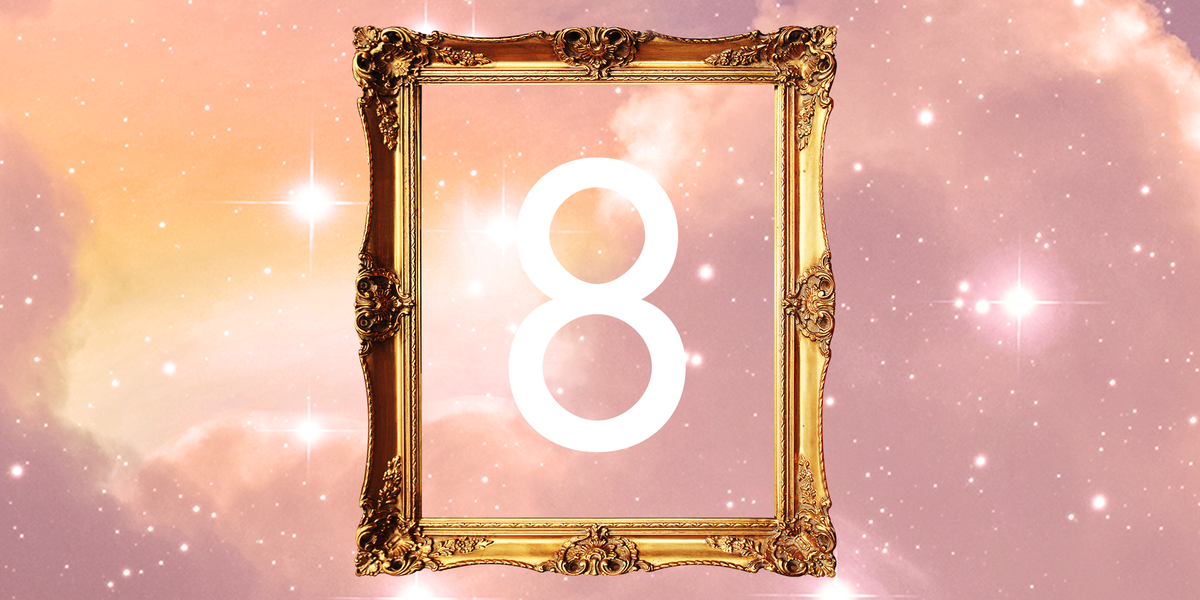We are surrounded by numbers. They are literally everywhere, after all. Your apartment number, your cell phone number, your license plate—all are avenues to invite good luck or protect against bad luck in Chinese culture. Chinese numerology is deeply rooted in symbolism and language. Apart from mainland China, ethnically Chinese people live all over the world and are unified by seeing numbers as important symbols.
Of course, there are nuances to the meaning of numbers that vary with language dialects and local culture, but wherever you go, numbers hold a lot of significance. Whether it’s picking a date for a big occasion, the dollar amount for a gift, or even the floor we choose to live on, numbers are a big part of the decision-making.
Lucky numbers are obviously preferred, then neutral numbers, and efforts are made to balance a number’s meaning with context. Numbers are seen as a part of daily life, especially for major milestones like birth, marriage, and death, as well as business decisions. Lucky numbers are so valuable that a lucky date or phone number often carries a a higher price than less preferred numbers. Almost everything with numbers is something everyone wants!
In Chinese numerology, there are lucky numbers, unlucky numbers, and neutral numbers. Of course, context is very important when selecting numbers, and there are many ways to interpret them from one situation to another. One can communicate a subtle message to another person or make a big announcement with numbers, especially when it comes to date and time selection. For example, the Beijing Olympics began on August 8, 2008, with the ceremony beginning at eight minutes and eight seconds after 8pm. Eight is an especially auspicious number, so this timing was a way of opening the games with good meaning—and it was also chosen to symbolize a new phase of positive growth and evolution for the host country.
Numbers symbolize our hopes for happy times to last as long as possible. Sometimes when it’s not in the stars, we look to the numbers to try and tip the scales. Generally, even numbers are preferred over odd ones, because pairing represents balance and equality. There are notable exceptions, as you will see, but this is a guiding principle.
Learn more about the meanings and messages of Chinese numerology:
1
The number 1 is considered a neutral number, but it also represents being single, as in Singles’ Day (a special day for those not in a relationship), which is celebrated on 11/11. Single things are avoided in dates and gifts related to relationships and weddings, because it goes against the symbol of partnership.
2
The number 2 is a positive number. A famous Chinese proverb goes, “Good things come in pairs.” When items are purchased for the home, for example, people often try to buy a pair for balance and good meaning. In Cantonese, the word for “2” also sounds like the word “easy”–as in something you gain with little effort. However, this interpretation also holds true for unfortunate situations—so people avoid the number 2 in unhappy circumstances, to minimize a repeat of another unfortunate event.
3
The number 3 is an unlucky number in relationships. In Mandarin, the number “3” can sound like the word “apart,” so it’s bad luck if it involves weddings or romance in general. However, apart from situations regarding relationships, the 3 is considered neutral or even positive.
4
The number 4 is a very unlucky number, like the number 13 in the Western world. When spoken in Mandarin, the number 4 sounds like “death.” Chinese people typically avoid the number because it holds so many negative associations.
5
The number 5 is considered a negative number. In Mandarin, the number 5 can sound like the word for “nothing” or “non-existent,” so it is not a popular choice when choosing dates.
6
The number 6 is a very lucky number. It represents a smooth road, or being in a good “flow.” When a person or (especially) a business wants to be more successful and create a more harmony in the workplace, they look for ways to integrate the number 6 into the work environment or important dates.
7
The number 7 is seen as a negative number when it comes to relationships. For example, weddings typically do not happen in July, the 7th month, because this is the Ghost Month. The association with death can signify the ending of things rather than the beginning, so people do not like to start things during this time of year.
8
The number 8 is a an extremely lucky number in Chinese numerology. It is the closest thing to the West’s “lucky number 7.” It represents prosperity and completeness. The number 88 is especially popular in Chinese culture because of the double eights, but also because of its visual similarity to the sign for double happiness: 囍.
9
The number 9 is a very lucky number. It’s such a strong symbol that in art, things are frequently grouped in 9s. Emperors’ robes had 9 dragons embroidered on them to represent an enduring kingdom. 9 represents being complete and eternity.
This content is created and maintained by a third party, and imported onto this page to help users provide their email addresses. You may be able to find more information about this and similar content at piano.io

